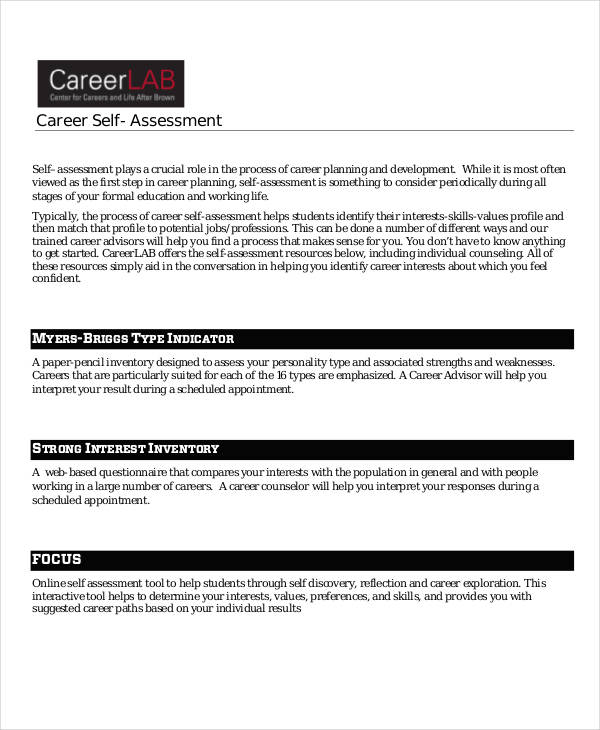
Many careers are available that help to solve the problem of climate change. This includes conservation scientists, disaster preparedness professionals and environmental economists. There are many others. For a complete list of climate-related jobs, read on.
Conservation scientists
Conservation scientists use their scientific skills to protect natural resources, such as flora and fauna. They also work with private landowners and government agencies in order to assess the state of their environment. These professionals typically hold a bachelor’s degree with a background in ecology, biology, or forest management. These professionals may also have a background in remote sensing or computer modeling.
Conservation scientists work with many different types of tools and equipment to conduct their research. You will find clinometers as well as diameter tapes. They can also use GPS technology and handheld computers for mapping.
Environmental economists
Economists use financial projections and data analysis to calculate the economic impacts of environmental regulations. Their work could include studying the effects of pollution and global warming, estimating costs for rehabilitation and designing strategies to reduce human impacts on the environment.

Environmental economists typically require a master's degree. However, some entry-level jobs can be filled with a bachelor’s degree. Higher-level positions require advanced degrees. Candidates need to have a solid background in economics and mathematics.
Geoscientists
Geoscientists have to deal with rising sea levels, as well as the need to create defenses against natural hazards. But their work extends far beyond the protection of the environment. Geoscientists, engineers, and biologists must conduct detailed research and analysis to understand how rising sea levels and climate changes affect coastal infrastructure and cities. Geoscientists will become more important as the world population increases. They will help to improve community resilience to natural disasters like floods or earthquakes. Skilled geologists will also be required for the transition to renewable energy.
For those who choose to work in geoscience, there is a bright future. According to BLS (Bureau of Labor Statistics), geoscience careers are expected to grow at an average of 5.5% per decade. This rate is higher than that of other professions. Many baby-boomers, who began their careers in early 1980s, are a part of the increasing demand. The retirements of many baby-boomers will open up new opportunities for geoscientists.
Professionals in disaster preparedness
Professionals in disaster preparedness must improve their skills to handle emergencies due to climate change. They are responsible for managing natural disasters, as well as environmental issues and disease epidemics. For example, rising sea level could result in flooding or land erosion in coastal cities. In response to this growing threat, disaster preparedness professionals can help communities rebuild and manage resources wisely.
Global warming has had a significant impact on human population. Local governments usually deal with disaster preparedness issues within their local communities. However, people who are proactive about disaster preparation take a global approach. They might plan for large-scale migrations of refugees from neighbouring countries. They may also develop disaster management plans that incorporate social services.

Service technicians for wind turbines
Many workers are involved in the green industry, such as wind turbine service technicians. These jobs require that you are physically fit as they may need to climb many towers each day. They need to be competent in many safety procedures.
The fastest growing sector in the labour market is the renewable energy industry. According to the forecast, wind turbine technicians' employment will grow by as much 61% in 10 years. In the next decade, solar photovoltaic contractors will experience a similar increase in employment. There are thousands of job possibilities in these fields. Many of these jobs are also available at a lower price if you have completed a technical training program.